Toolkit
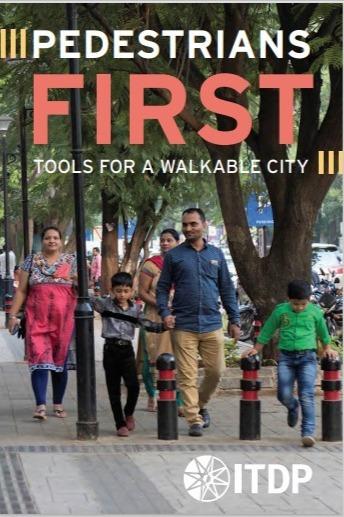
Pedestrians first: Tools for a Walkable City
This toolkit explains walkability assessment, design and policy recommendations at three scales: citywide, neighborhood and street-level.
Walkability is a crucial first step in creating sustainable transportation in an urban environment. However, effectively understanding and measuring the complex ecology of walkability has proven challenging for many organizations and governments, given the various levels of policy-making and implementation involved.
This tool, produced by the Institute for Transportation and Development Policy (ITDP), facilitates the understanding and measurement of the features that promote walkability in urban environments around the world. With a better global understanding of walkability and more consistent and frequent measurement of the walkability of urban environments, decision-makers will be empowered to enact policies that create healthier, more walkable urban areas.
READ MORE
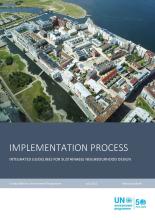
Integrated Guidelines for Sustainable Neighbourhood Design
This online resource provides a roadmap for city leaders to respond to urban growth by planning at the neighborhood level.
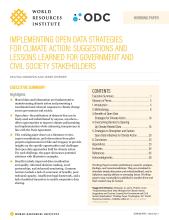
Implementing Open Data Strategies for Climate Action
City leaders can utilize this resource to understand the benefits of open data for climate action and better advocate for data publication processes.
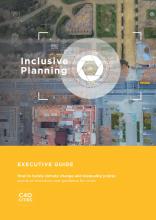
Inclusive Planning
This guide provides cities with practical resources and guidance to plan with equity in mind, building climate-resilient cities which engage with communities in fair and just ways.
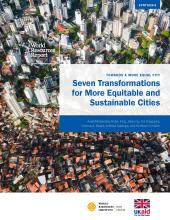
Seven Transformations for More Equitable and Sustainable Cities
This synthesis of the World Resources Report recommends seven transformations to create a new dynamic for durable, cross-sectoral, city-wide change and provides a roadmap to more equitable access to core urban services.
